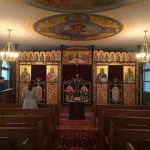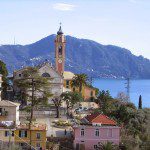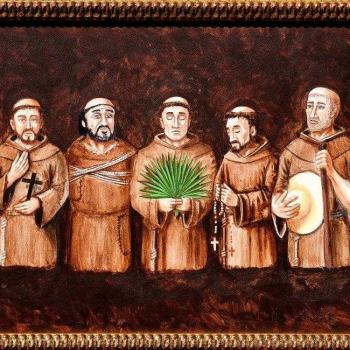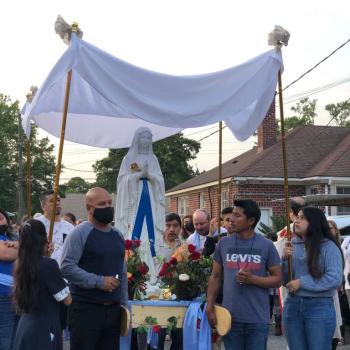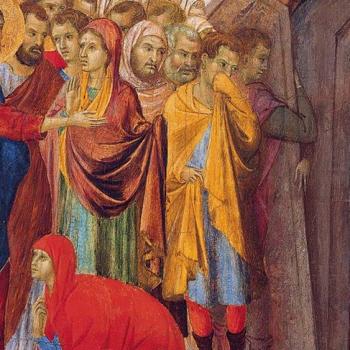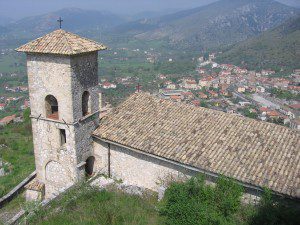
Today we remember one of the greatest minds who ever lived, Saint Thomas Aquinas (1225-1274). Despite all his intellectual work and writing, towards the end of his life Saint Thomas had a mystical experience which led him to say, “All that I have written seems like straw compared to what has now been revealed to me.”
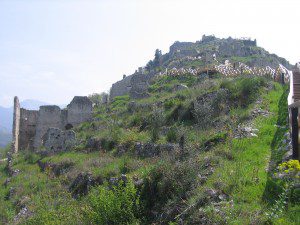
Born in Roccasecca Italy, he was the nephew of the Count of Aquino. His father envisioned him becoming the abbot of the nearby prestigious Benedictine Abbey of Montecassino, but Thomas felt called elsewhere. He shocked his family by not following this path, but by joining the new mendicant Dominican Order. The family felt disgraced. Thomas, rather than living comfortably at Montecassino wielding great spiritual and temporal power, would have to beg for his food, relying entirely on others for his subsistence.
The family must have been pleasantly surprised at how Thomas’ life transpired. Saint Thomas became a celebrated professor at the University of Paris. Tensions arose as he introduced Aristotelian philosophy into the curriculum and a power struggle emerged between diocesan and religious priests at the university. Recognized by the universal church for his great mind and heart, he was asked to compose the liturgy for Corpus Christi and died he in 1274 as he prepared to participate at the Ecumenical Council of Lyon, France.
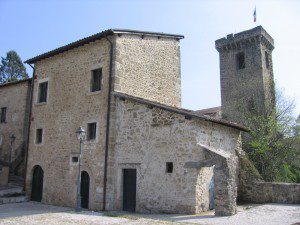
I have attended two institutions that bear his name, Aquinas High School in Augusta, Georgia, and The Pontifical University of Saint Thomas Aquinas in Rome. Even though I barely became acquainted with Saint Thomas in high school, I certainly learned to appreciate his work in college and seminary.
In 2009 I visited his hometown of Roccasecca high on a mountain overlooking Aquino and the Mediterranean Sea. A few years before that, I visited Toulouse, France where Saint Dominic began the Dominican Order. While there, I went to the Church of the Jacobins where Saint Thomas is buried.
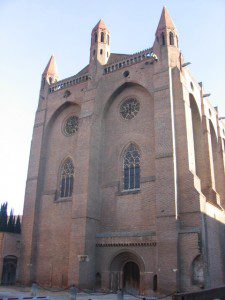
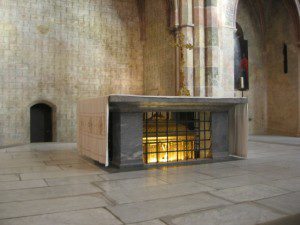
Pictures are mine, all rights reserved.


